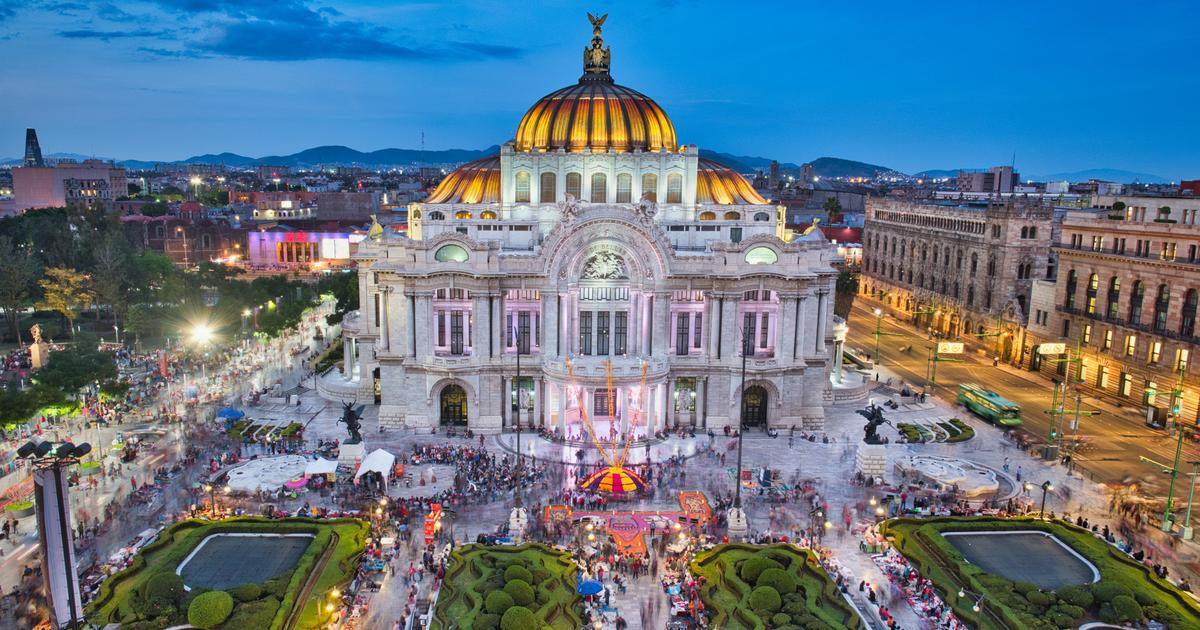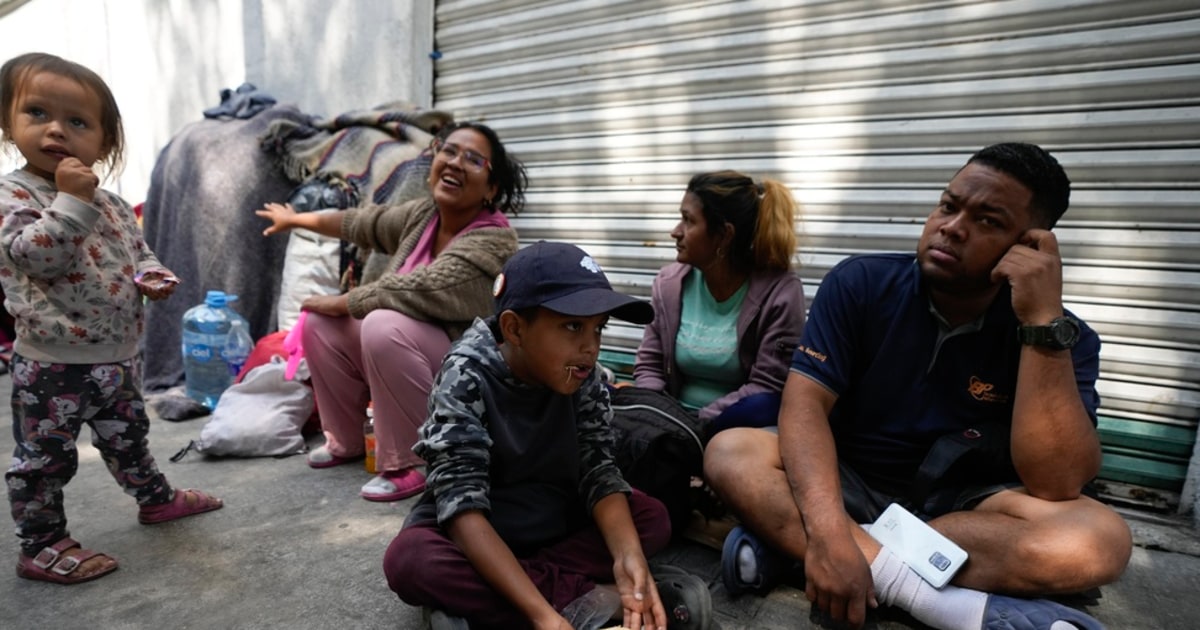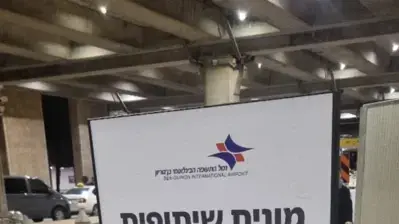- Click to share on Facebook (Opens in a new window)
- Click to share on Twitter (Opens in a new window)
- Click here to share on LinkedIn (Opens in a new window)
- Click to email a friend (Opens in a new window)
(CNN Spanish) - The National Taxi Movement (MNT) of Mexico was unemployed on October 7 to protest the service of individual passenger transport applications.
Ignacio Rodríguez, president of the MNT, said in a press conference on Monday in Mexico City that the taxi drivers' union protests against transport without a concession and ensures that foreign companies “violate Mexican rights and laws” and that these have caused “ a mess ”in Mexico.
Rodriguez said passenger transport applications are providing the service "illegally" in the country. The transporters complain that private vehicles do not pay the concessions (licenses) for operation that taxi drivers do by law. The leader of the carriers also rejected that a percentage of the profits of the transport services by application go to "other countries", without paying "a peso" to the Mexican treasury.
- Taxi drivers in Mexico City, dissatisfied with apps like Uber or Cabify
Regarding the taxi drivers' requests, the Government of Mexico City said in a statement that it has taken several measures to “end corruption” in the procedures related to taxi concessions. Another of these measures is the first phase of a free telephone application for taxi drivers in the Mexican capital that is scheduled to be released to the public at the end of 2019 and whose purpose will be “to close the gap between application services and taxi concessions” .
Companies like Uber and Cabify have not commented on the protests of the transporters, but in the past platforms such as Uber have said that they do not provide a pirate service because they are an application that provides a technology service, not transport.
Authorities said they have held more than 20 meetings in the last three months with different leaders of the taxi drivers' union, but so far no agreement has been reached.
Mexico City was the first city in Latin America to regulate Uber services. In July 2015, a standard was created that created a registry of operators, a tax destined to the city's transport fund, compulsory insurance for travelers and prohibited the subletting of the units. Uber currently serves in at least 50 cities in Mexico.
But as of that month, the Ministry of Finance withholds taxes on Uber drivers and similar platforms for both urban transport and food delivery that are carried out through digital platforms.
Taxi drivers in Mexico City protest against transportation service applications. (Credit: Daniela Patiño / CNNEE).
The Ministry of Mobility of Mexico City reiterated in a statement its "permanent opening to dialogue".
Bersaín Miranda, another of the leaders of the Mexican Taxi Movement, said last September 30 that they are against private vehicles being granted permits to provide passenger service, since they do not comply with the payment of magazine, license plates and Taximeters, Expansion reported.
By June of this year, taxi drivers demanded that these services through applications be removed flat, arguing that it is an unfair competition, that unlike the transport of public vehicles, taxi drivers have to pay many services and that since they entered applications validity, work for traditional taxi drivers has fallen by 60%.
- Uber, the public enemy of the taxi in Latin America
Road Affectations
The mobility authorities in Mexico City called on the population to take action on behalf of the taxi driver's strike. Through the Twitter account in @OVIALCDMX alternative ways are published to avoid road congestion; Through the Twitter account @SSP_CDMX they are updating real-time details of unemployment and relevant events, and in the @UCS_GCDMX account to request security support.
The areas most affected by the stoppage of transporters will be the north, west and east of the Mexican capital, as the protesters left for the Angel of Independence from Indios Verdes, San Felipe, Santa Fe, Polanco and Tláhuac, as well as from the municipalities from Ecatepec, Nezahualcóyotl, Naucalpan, Atizapán and Cuautitlán.
Metro and Metrobús services operate normally as an alternative to people's mobility, although some Metro stations were affected by the large influx of passengers in the morning hours, NotiMex reported. Some Metrobus services reported interruptions, but the service was restored and operates normally.
Around 2:00 p.m., a riot is planned at the Angel of Independence in Mexico City.
Good Morning! For today, Monday, October 7, the following mobilizations are expected 🚧⛔️ in Mexico City. #MobilityCDMX pic.twitter.com/PA4N4iPAGo
- C5 CDMX (@ C5_CDMX) October 7, 2019
The Ministry of the Interior of Mexico City implemented a safety and road device to "safeguard the physical integrity of the population and avoid vandalism in different parts of the capital that will be affected."
More than 1,250 police officers are deployed at the demonstrators concentration points, especially in the Angel of Independence, where it will be the final meeting of the protest, according to the Secretary of Capital Security.
They have also reinforced the presence of police in accesses such as the Mexico - Pachuca, Mexico - Puebla, Mexico - Cuernavaca and Mexico - Querétaro highway.


/cloudfront-eu-central-1.images.arcpublishing.com/prisa/PZBP67YSD5GI7KKEC2MGANZJKA.jpg)



/cloudfront-eu-central-1.images.arcpublishing.com/prisa/AKJFAUJYAVBUBHW36QIU7EW6HE.jpg)








